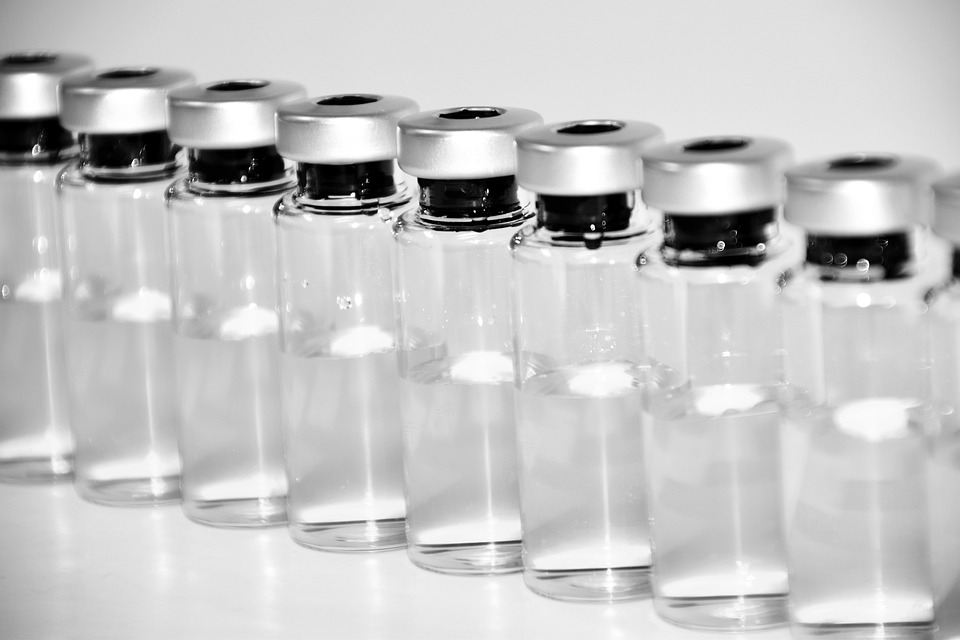Storage of Vaccines
What Is It?

Vaccines are fragile, biological substances. They can become less effective, more dangerous, or even destroyed if exposed to temperatures outside the recommended storage range - between +2°C and +8°C. This 'cold chain' begins when the vaccine is made and ends when the vaccine is administered.
In order to ensure the integrity of the vaccines, they should be stored and monitored in a specific vaccine refrigerator.
Good vaccine management reduces the need to re-vaccinate residents and the loss of expensive products.
Cold Chain Breaches
A breach in the cold chain can occur due to technical malfunctions, but if adequate procedures are in place, problems will be detected and managed before an ineffective vaccine is used.
Do not use vaccines exposed to temperatures below +2°C or above +8°C without further advice. These vaccines should be quarantined in the vaccine fridge, i.e., separated from the other vaccines, while advice is obtained.
For 'National Immunisation Programme' vaccines, quarantine them and contact local, state, or territory health authorities for advice
For privately purchased vaccines, quarantine them and contact the manufacturer or supplier
Recommendations for discarding vaccines may change between health authorities and manufacturers. Do not discard any vaccines until you get advice.
National Guidelines
Ensure to follow national, state, and territory guidelines regarding vaccination storage and cold chain management.
Good vaccine management requires regular checking of the stock of the vaccine fridge, e.g., stock levels, expiry dates, etc., regular cleaning of the refrigerator, and regular monitoring of the fridge temperature.